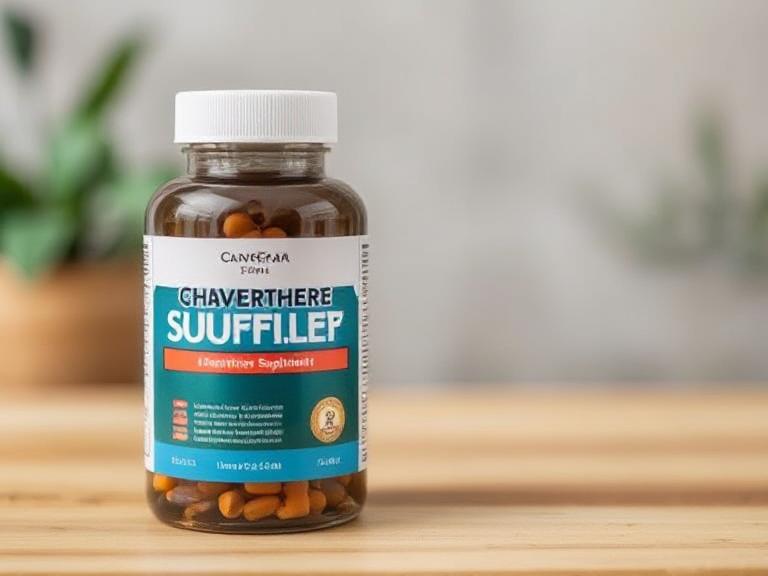Table of Contents
- Introduction
- Definition of Dietary Supplements
- Primary Uses of Dietary Supplements
- Different Types of Dietary Supplements
- Spotlight: ENZ Pharmtech & Innovation in Supplements
- How to Choose the Right Supplement
- Safety Considerations
- Summary Table
- FAQs
- References
Introduction to Dietary Supplement Used For
In today’s health-conscious world, dietary supplements play a significant role in supporting wellness, fitness, and disease prevention. But what exactly are dietary supplements used for? Whether you are a fitness enthusiast, a busy professional, or simply someone who wants to maintain optimal health, supplements can fill nutritional gaps and provide targeted health benefits.

Definition of Dietary Supplements
According to the FDA, dietary supplements are products taken by mouth that contain a “dietary ingredient” intended to supplement the diet. These ingredients can include vitamins, minerals, amino acids, herbs, or other botanicals.
- Form: Available as capsules, tablets, powders, liquids, and gummies.
- Purpose: To supplement, not replace, a balanced diet.
- Regulation: Regulated as food, not drugs, though labeling must follow FDA guidelines.
Primary Uses of Dietary Supplements
1. Filling Nutritional Gaps
Many people do not get enough essential nutrients from their diet alone. Supplements help ensure adequate intake of key vitamins and minerals.
2. Supporting Specific Health Goals
Supplements can support goals such as muscle gain, fat loss, cognitive health, or immune support.
3. Preventing Deficiencies
Populations at risk (e.g., pregnant women, elderly, vegans) benefit from supplements like folic acid, vitamin B12, and calcium to prevent deficiencies.
4. Enhancing Performance
Athletes often use creatine, beta-alanine, and protein powders to boost training outcomes and recovery.
Different Types of Dietary Supplements
- Vitamins & Minerals: Multivitamins, vitamin D, magnesium, iron.
- Herbal & Botanical: Ashwagandha, turmeric, ginseng.
- Amino Acids & Protein: BCAAs, whey protein, creatine.
- Functional Supplements: Probiotics, omega-3 fatty acids, adaptogens.
- Novel Formats: Gummies, jellies, and effervescent tablets for better compliance.
Spotlight: ENZ Pharmtech & Innovation in Supplements
ENZ Pharmtech is a Contract Dietary Supplement Manufacturer under ENZ Biotech Center with an overseas branch ENZ Wellness. They specialize in manufacturing cutting-edge supplements focused on personal health, lifestyle, beauty, sports nutrition, and pet wellness.
ENZ Pharmtech Product Line
- Gummy Vitamins
- Herb Capsules
- Liquid Drops
- Gels Jelly
- Effective Tablets
- Powder Drinks
- Creatine Monohydrate Gummy – perfect for athletes seeking convenient creatine supplementation.
ENZ Pharmtech’s innovation makes supplement consumption easier and more enjoyable, encouraging consistency — which is critical for long-term results.
How to Choose the Right Supplement
- Identify Your Goal: Are you addressing a deficiency, supporting performance, or improving general health?
- Check Quality Certifications: Look for third-party testing or GMP certification.
- Read Labels Carefully: Avoid unnecessary fillers and choose clinically effective doses.
- Consult a Professional: Speak with a doctor or registered dietitian before starting a new supplement, especially if you take medications.
Safety Considerations
Although dietary supplements are generally safe, misuse can lead to health risks. Excessive vitamin A, iron, or fat-soluble vitamins can be toxic. Always follow recommended doses and buy from reputable manufacturers.
Summary Table of Dietary Supplement Used For
| Purpose | Example Supplements | Benefit |
|---|---|---|
| Nutritional Support | Multivitamins, Vitamin D | Fill daily nutrient gaps |
| Performance Enhancement | Creatine, BCAAs | Boost strength and endurance |
| Immune Support | Vitamin C, Zinc | Reduce risk of illness |
| Targeted Wellness | Probiotics, Omega-3 | Support gut and heart health |
| Convenience | Gummies, liquid drops | Encourage daily compliance |
FAQs
Q1: Are dietary supplements necessary for everyone?
No, if you maintain a perfectly balanced diet, supplements may not be necessary. However, most people benefit from filling nutritional gaps.
Q2: Can supplements replace a healthy diet?
Absolutely not. Supplements are meant to complement, not replace whole foods and balanced nutrition.
Q3: How long before supplements work?
Effects vary. Some (like creatine) show results in a week, while vitamins may take weeks or months to correct deficiencies.
